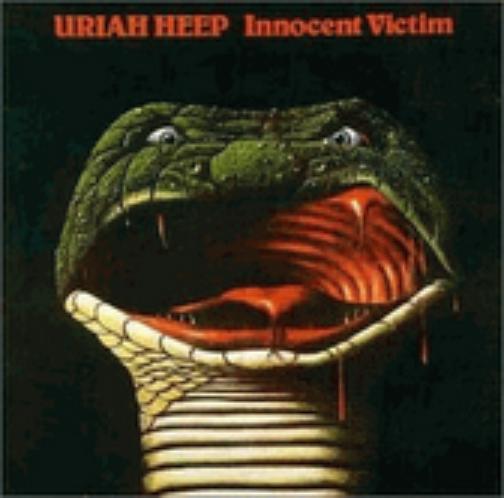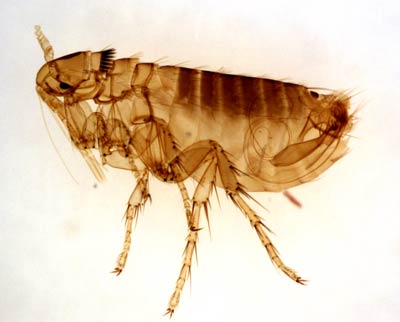Financial Times wine pundit Jancis Robinson classified herself and her colleagues as “parasites” at the pompously named WineCreator conference in Ronda, Spain last month and urged fellow hacks to be more humble and honest. Which summoned up conflicting images of ever so ‘umble Uriah Heep, the villain in Dickens’ David Copperfield, and that other sixties band, the Beach Boys, belting out “help me, Ronda, help, help me, Ronda.” The ultimate silly tune you just can’t get out of your head.

If Mrs. Robinson is right, the next question is what kind? Bilharzia is unlikely but fitting as liver damage is indicated in both professions (fluke and vinophile). Ticks, “the foulest and nastiest creatures that be” according to Pliny the Elder, also fit the bill as these ectoparasites exist by hematophagy – sucking blood. Bull’s Blood – Egri Bikavér – is the most famous wine of Hungary while the national grape of Italy, Sangiovese, is literally the blood of Jove.
Tapeworm is another possibility given the admirably sylph-like figure exhibited by JR in her FT by-line photo. And easy to pick up, as the gourmet dinners an Issey Miyake-clad wine pundit must endure often feature local delicacies like steak tartar and sashimi.
When it comes to local Bacchanalian ballpoint pushers, fleas are indicated. For as they say in the classics: “big fleas have little fleas upon their backs to bite ‘em; little fleas have lesser fleas, and so ad infinitum.”

Grape proves the point. A website for anoraques, it is edited by three Platter’s pundits: two associate editors and a senior taster on the annual guide.
The most useful thing on Grape is the “recent releases tasting” feature. Prompted by a reader as to how wines are selected, the editorial troika replies: “a combination of pure democracy and laziness. We taste wines that are sent to us by wineries and their agents.” Not quite the whole story.
For they also solicit entries from producers, who are well aware of the other hats the Grape trio wear. As both Grape and Platter’s assess wines sighted, producers approached for largesse are between the rock and a hard place in a classic case of parasitism with Platter’s very much senior partner in this relationship.
With the temptation to produce show tanks and competition barrels, Grape could also play unwitting host to another form of parasite: unscrupulous producers who get a good rating for selected batches and then apply the result to their entire production. Perhaps the time has come to pass the hat around for Grape to buy their own bottles like normal folk.



